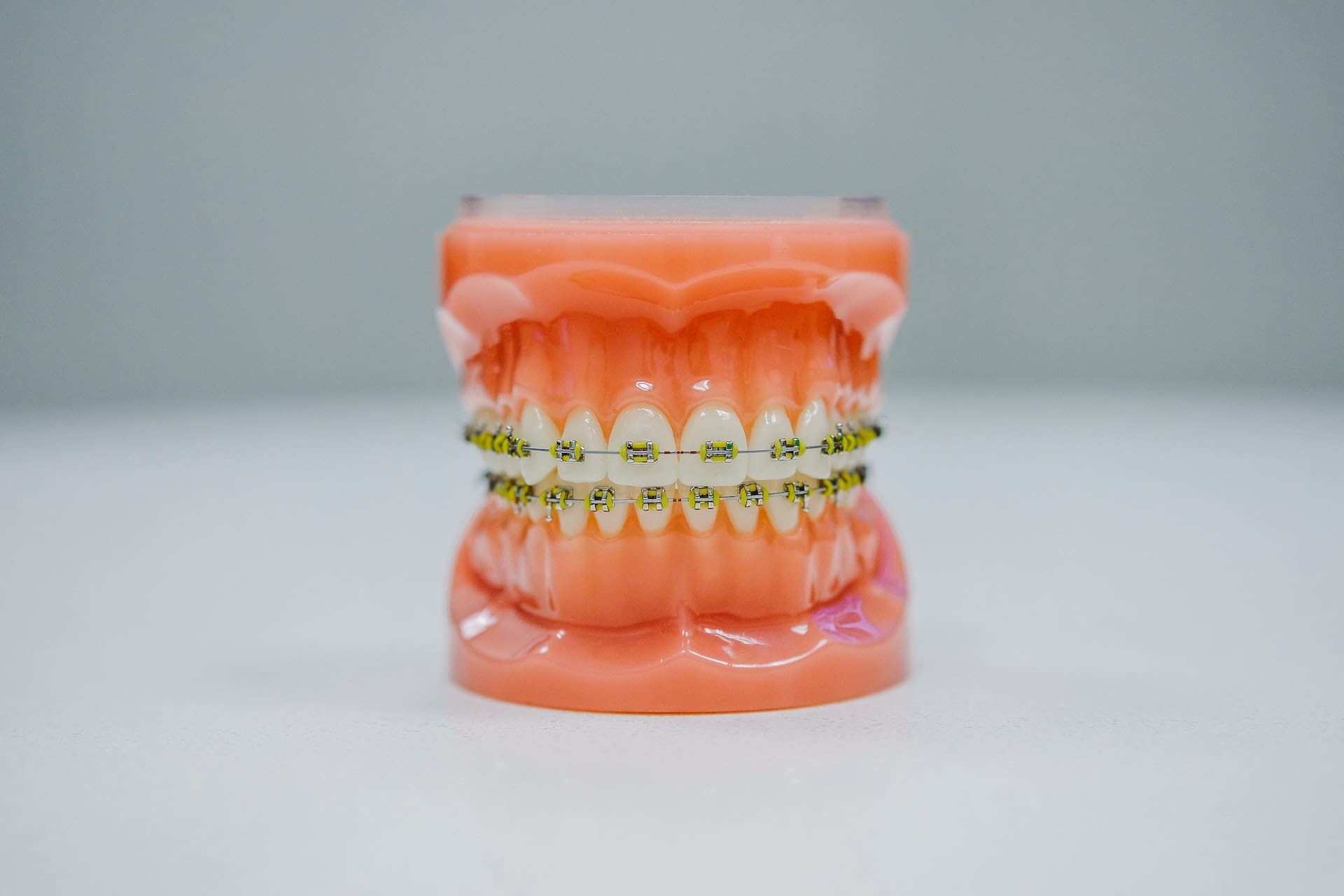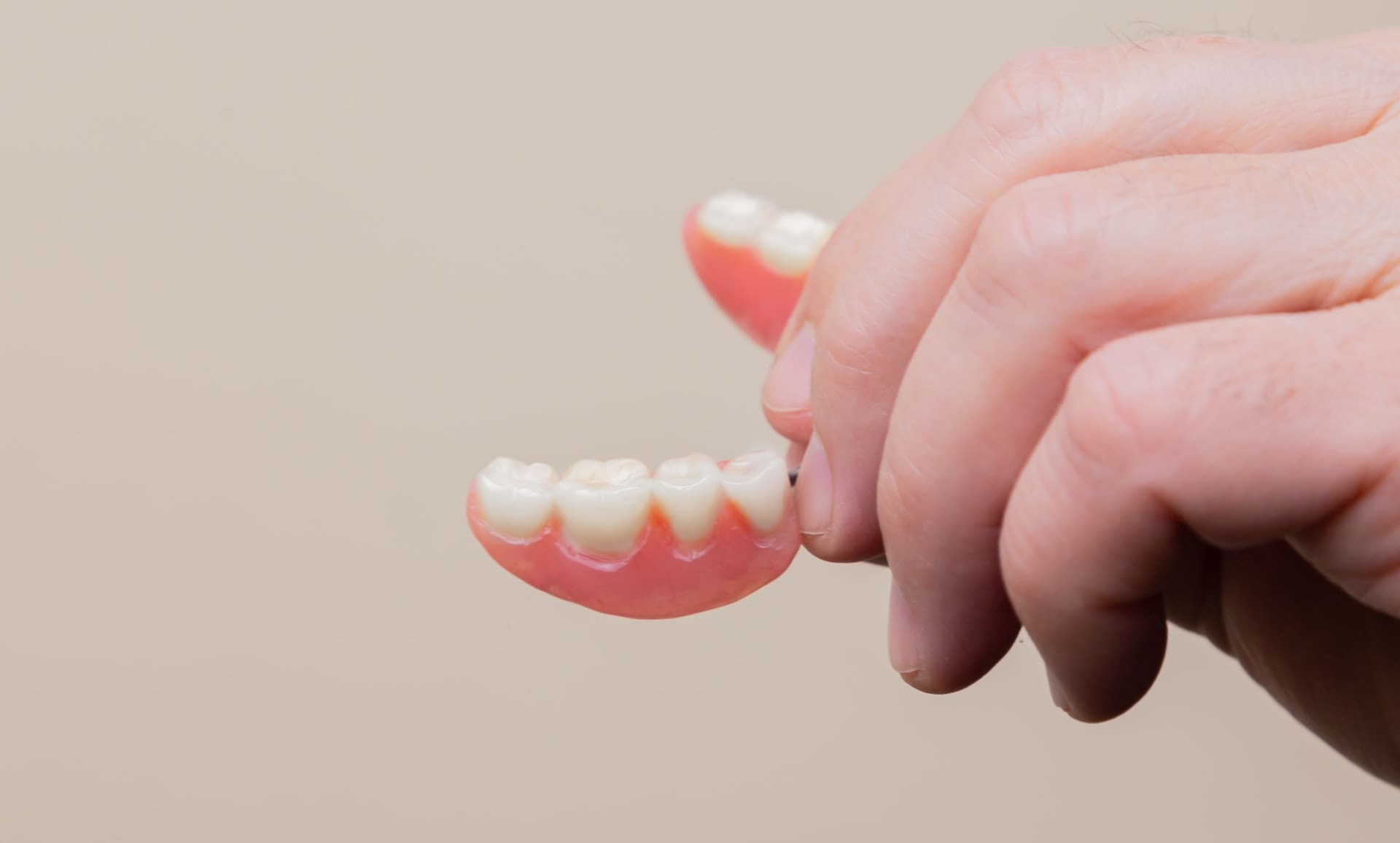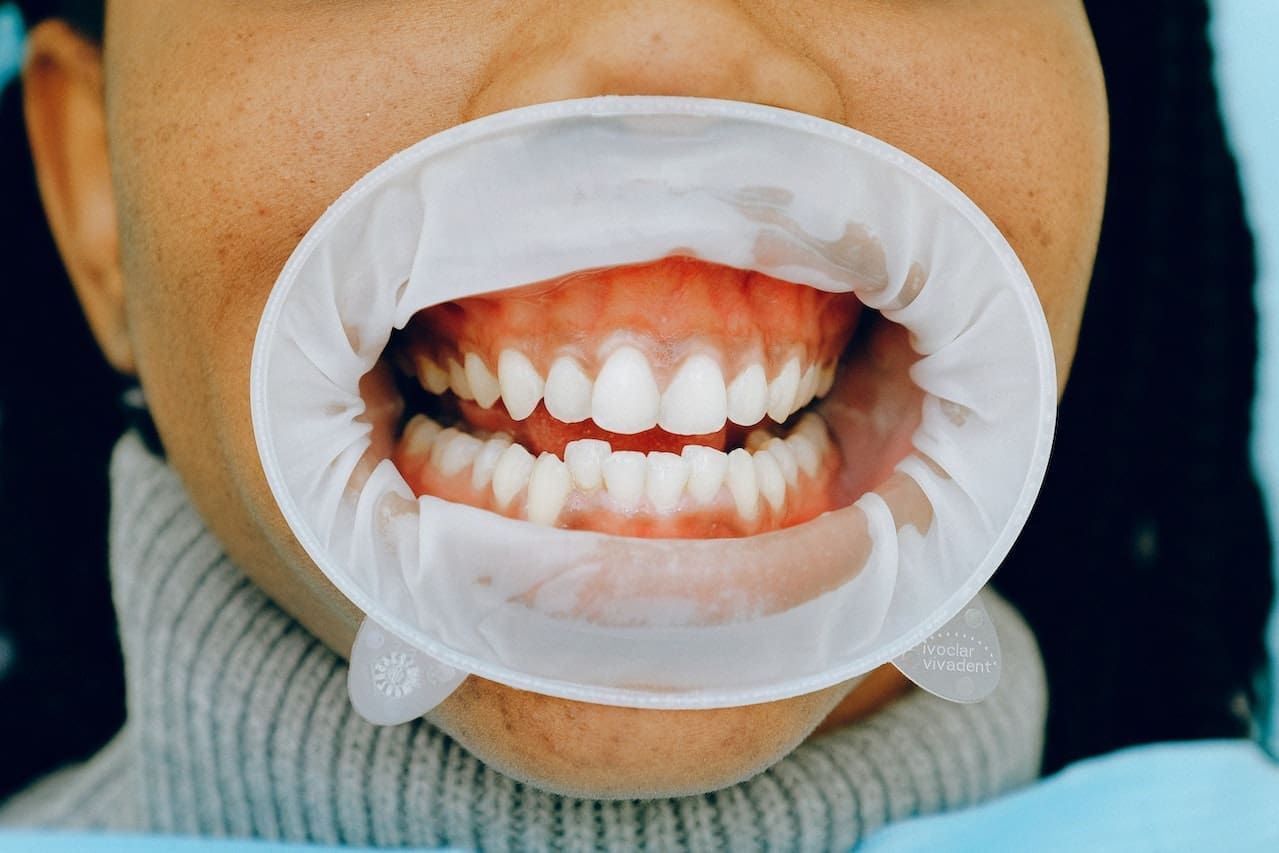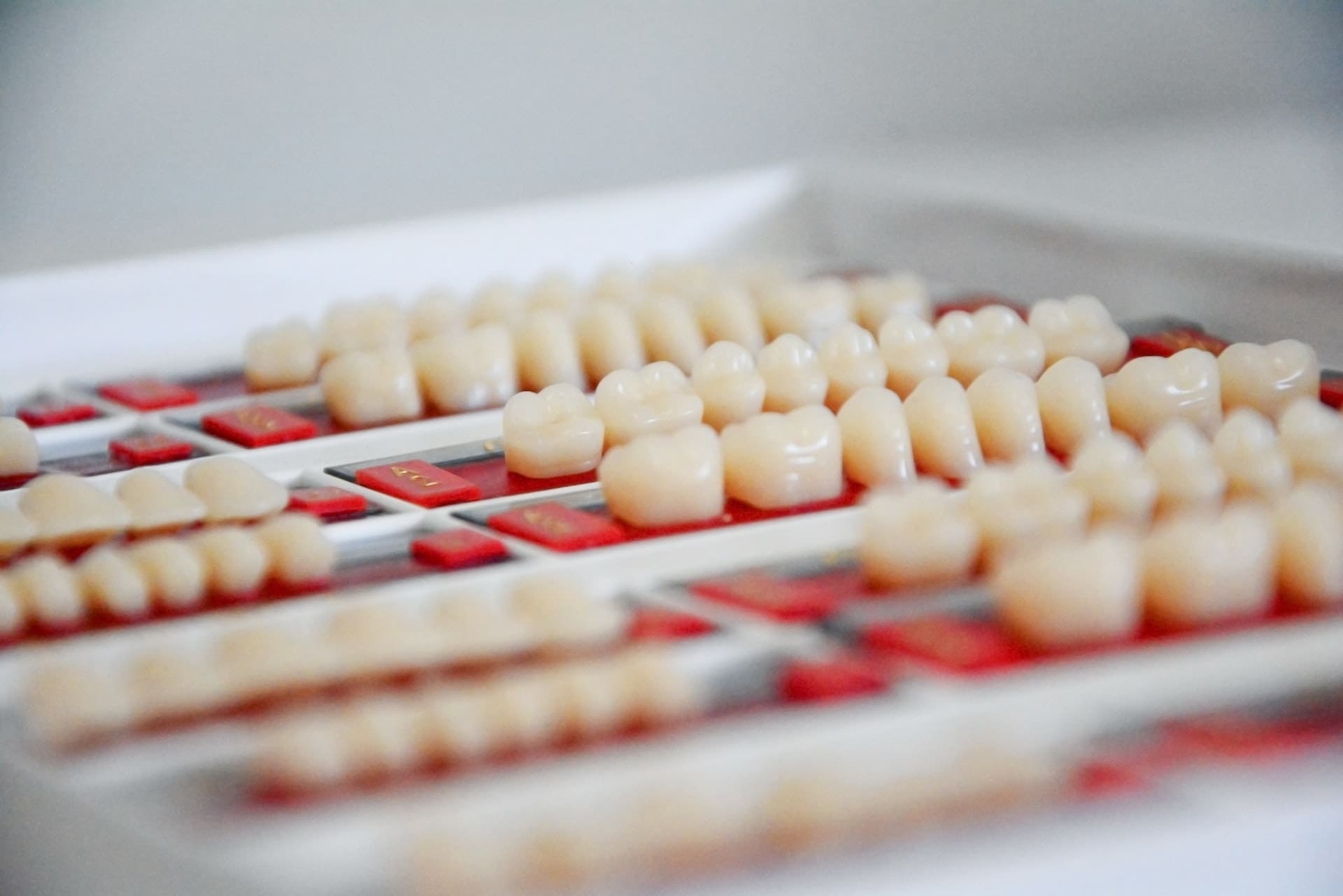Wearing a Better Smile: Is It Safe to Get Dental Implants?
Your smile is one of your face’s best assets. A mouth with a pearly set of teeth can make you feel more confident and healthy, and you’d want to find ways to protect them.
Sadly, some unfortunate events can make you lose a tooth or render you toothless. These can significantly affect your speech and self-esteem.
Thanks to modern dental advancements, you can consider dental implants to replace lost teeth. While implants look and function like natural teeth and are more likely to be successful, you might wonder if they’re safe.
This blog will discuss what you need to know about dental implants.
What Are Dental Implants?
Dental implants can help people replace lost or damaged teeth. They replace tooth roots, which create a strong foundation for removable or permanent teeth.
Your dentist can also match them to look and function like your natural teeth. Your jawbone’s condition and the type of implant you’ll get will determine how your healthcare provider will conduct the dental implant surgery.
Why Should You Get Dental Implants?
Unlike dentures or bridgework, they don’t cause bone damage, make noise, slip, or rot.
Who Can Get Them?
You can qualify for dental implants if you have healthy oral tissues, want to improve your speech, and can’t or don’t want to wear dentures. This option also works best if you don’t smoke and are ready to commit to the months-long process.
Moreover, your dentist can give you dental implants if you have a fully-developed jaw and are missing a tooth or teeth.
Who Can’t Get Dental Implants?
On the other hand, consider finding other dental options if you’re a smoker or have chronic diabetes. You may also not qualify for dental implants if you’re highly sensitive to the metal fillings, such as titanium, nickel, copper, and zinc. It’s always best to consult your dentist first to help ensure you’re making the right choice for your oral health.
Are They Safe?
Your dentist will install dental implants through an oral procedure. Most of these come from titanium alloys and titanium, which have impressive biocompatibility. They’re safe for humans because of their low electrical conductivity and resistance to corrosion.
Most procedures are effective in replacing missing teeth. While the process may look complex, you can ensure a successful, low-risk, and comfortable dental implant when you work with a professional.
Are They Painful?
While dental implants are usually painless, the pain levels highly depend on the individual. Most people who underwent this procedure stated that they’d experienced discomfort during the treatment. Most patients who got a tooth extraction and a dental implant can attest the latter has less pain.
Fortunately, your dentist will administer local anesthesia during the procedure to reduce the pain. You can later treat the soreness with prescribed painkillers.
Dental Implants 101: How to Care For Them?
You can ensure their best condition by practicing good oral hygiene, such as flossing, brushing, and rinsing your mouth with an antibacterial mouthwash daily. It’s also best to visit your dentist regularly for regular cleaning and checkups.
What Are the Risk Factors?
While the risks of getting dental implants are low, this procedure can be risky if you neglect bacteria buildup that can cause infection and inflammation. You’re also more likely to suffer from complications if your body rejects them and it damages a nerve resulting from poor installation.
Conclusion
Dental implants are a popular procedure to help improve speech and self-esteem. However, you must practice good oral hygiene and consult your dentist to ensure you make the right choice for your teeth.
If you’re looking for dental implants in Weymouth, MA, look no further than Weymouth Dental Arts! We offer the most advanced technologies to ensure our patients’ optimal oral health. Contact us today to schedule your appointment!








